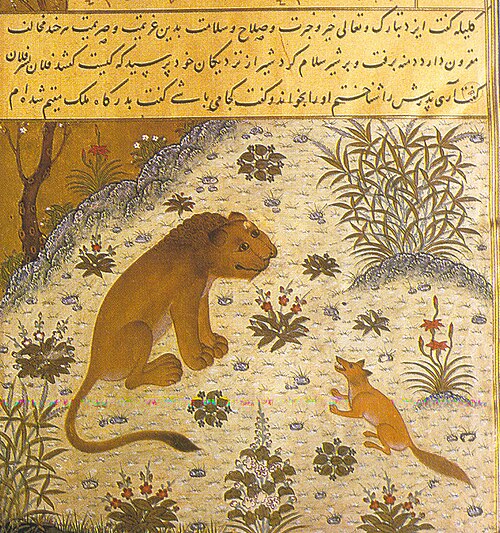
On completion of this module a student should be able to
Be able to engage respectfully with religious traditions of thought, and relate theological questions to secular ways of thinking, rather than a dichotomy of religion and reason.
Be able to think with and beyond critiques of Eurocentrism, and understand how concepts have global histories and can cross territories, ontologies and ways of life
Articulate the relevance of “older” forms of anthropological thought, and ideas such as sacrifice, asceticism, theodicy, and myth and apply these to the understanding of contemporary social life
Use anthropological concepts to describe and discuss themes of concern in neighbouring disciplines in the humanities and social sciences
Articulate a specifically anthropological technique of thought, namely, relating concepts to diverse empirical realities, including non-western regions of the world, and what it means for such realities to exert pressure and reshape concepts, rather than concepts just being uniformly “applied” cross-culturally
Hone their ability to ask what thinking means, in ways distinct from summaries, and to read conceptually dense texts from different parts of the world independently, creatively, and critically